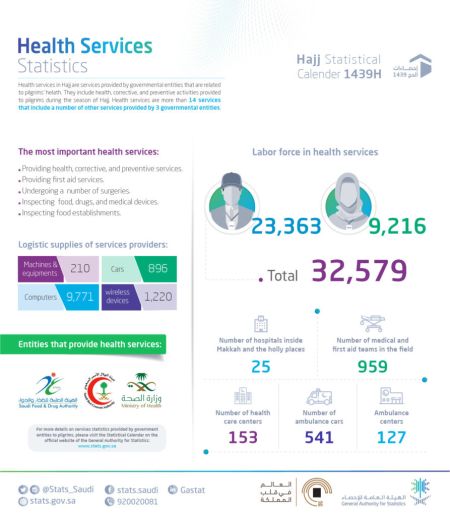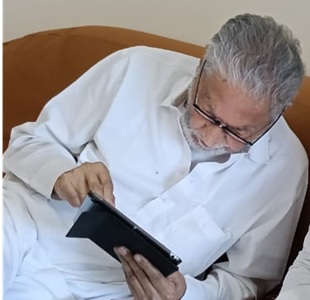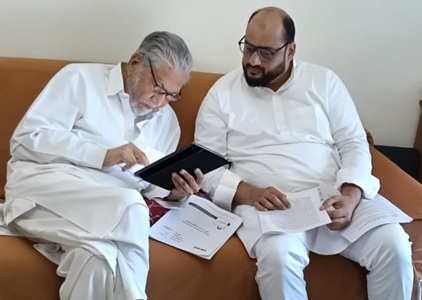 Makkah : The General Authority for Statistics announced that the number of healthcare providers for Hajj 2018 has exceeded 32,579, of which 9,216 are women.
Makkah : The General Authority for Statistics announced that the number of healthcare providers for Hajj 2018 has exceeded 32,579, of which 9,216 are women.
In addition to healthcare practitioners coming from the Ministry of Health, Saudi Red Crescent, and the Food and Drug Authority, there are a number of personnel who provide healthcare services from security and military sectors. The number of medical and paramedic teams that serve Holy Places during Hajj of 2018 has reached 959 teams.
On its daily Hajj statistics bulletin, the Authority stated that the Kingdom has utilized all of its resources and capabilities to provide healthcare, treatment, prevention, and emergency services free of charge. These efforts are carried out by 29,495 of the Ministry of Health’s physicians, pharmacists, nurses, technicians, and administrators. The services include: open heart surgery, cardiac catheterization, renal and peritoneal dialysis, gastrointestinal endoscopy, as well as child deliveries.
The number of working hospitals has reached 25 hospitals in Makkah and Holy Places, with a combined capacity of 4,814 beds. In addition, there are 153 health centers, 106 field teams in Holy Places, and 100 small ambulances. There are cars that function as mobile ICUs to treat urgent cases as well as 80 large ambulances.
So far, the Ministry of Health’s hospitals have performed 142 cardiac catheterizations, 9 open heart surgeries, 761 hemodialysis, 39 gastrointestinal endoscopy, and 568 operations.
The Saudi Red Crescent dedicated 127 emergency centers, 361 ambulances, 20 bikes, and more than 2,867 staff members in Makkah, Madinah, and Holy Places.
All the medical and paramedic teams perform their duties round the clock 24/7 until the fifteenth day of the month of Hajj. The involved authorities have devised comprehensive programs and plans to ensure that all the needs of pilgrims are met. The program includes procedures for emergency cases, utilizing a unified approach to providing medical, prevention, treatment, and emergency services. Using the most advanced healthcare practices, the services are delivered by experienced and skilled healthcare providers for pilgrims and visitors to Makkah, Madinah, and Holy Places, and the roads leading to them.
In addition to healthcare services provided on-land, some services were delivered via air ambulance.
The Food and Drug Authority manages a team of 215 food, drug, and medical equipment inspectors. They support inspection agencies that are responsible for inspecting pilgrims’ meals in Makkah, Madinah, and Holy Places. From the 7 services they provide: inspecting food, drugs, medical equipment coming in through various ports, monitoring food facilities in Makkah, Madinah, as well as inspecting vehicles.
—AG/UNA-OIC





0 Comments